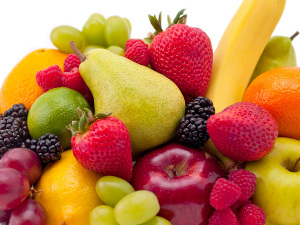Brazilian lawmakers seek to deregulate pesticide use, ban organic produce sales

 Brazilian lawmakers have reportedly resurrected a 2002 bill that would severely reduce the role of government health and environment departments in authorizing new pesticides, the LA Times reported.
Brazilian lawmakers have reportedly resurrected a 2002 bill that would severely reduce the role of government health and environment departments in authorizing new pesticides, the LA Times reported.
A second bill would ban the sale of organic foods to supermarkets and other major retail outlets.
The main pro-pesticide proposal, which was dubbed the “poison package” by environmentalists when it was introduced 16 years ago, would leave the job of approval to the Agriculture Ministry.
The bill sat dormant until June this year, and is now being debated in the lower house of Congress.
Meanwhile, the bill on organic foods was approved in early July by an agriculture commission in the lower house, but must get through another congressional commission before a full vote.
“If it were not for the impact of agribusiness on the economy, Brazil would still be in recession."
Proponents of pesticide deregulation say that the current process for getting approval for pesticides is too cumbersome and that streamlining it would increase crop production.
But environmentalists and other opponents of the proposed changes say that deregulation would increase a range of health problems linked to pesticide exposure — including cancer and infertility — and contaminate soil and water.












































